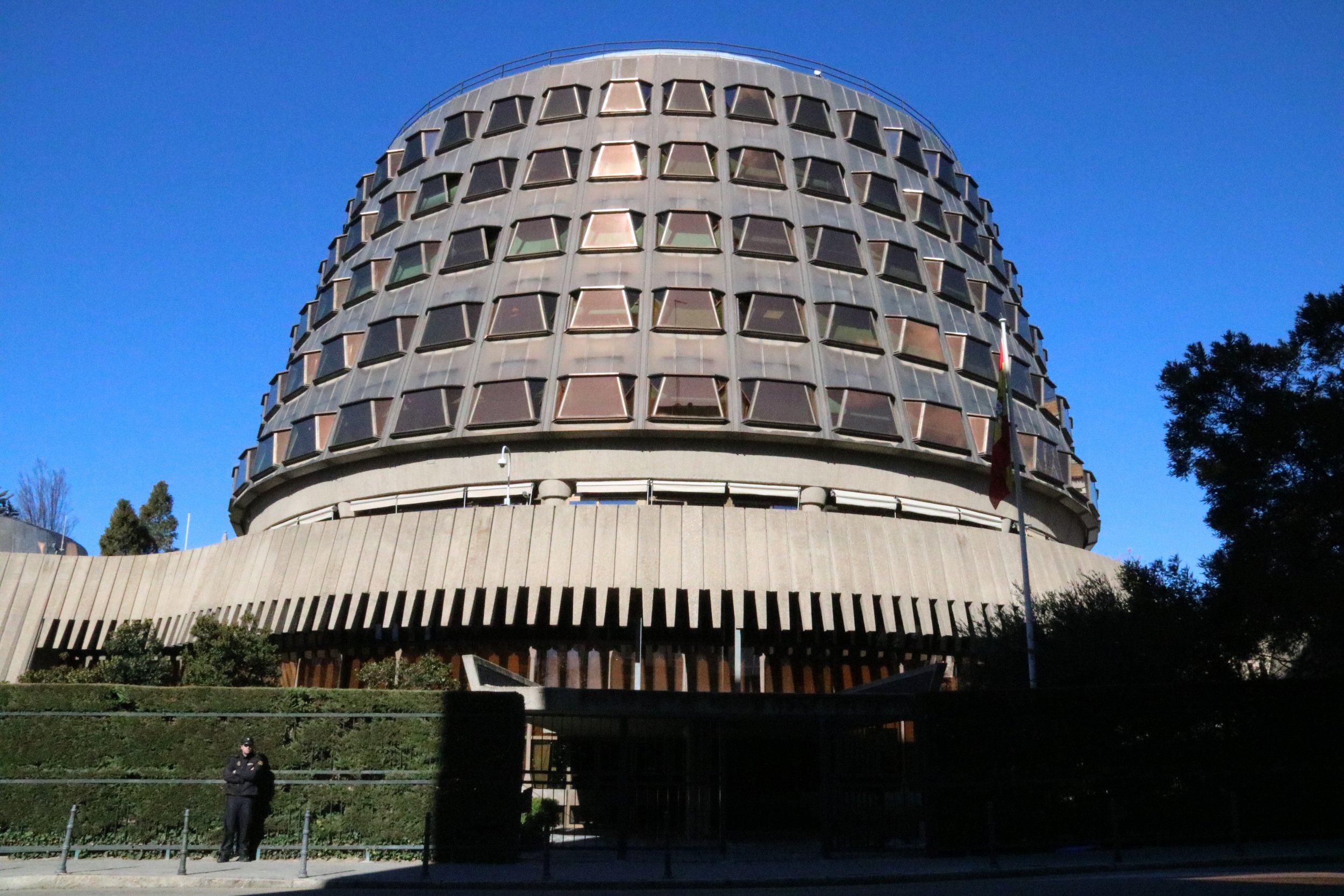Spain's Constitutional Court has this Tuesday decided unanimously to accept to consider the appeal Pedro Sánchez's government brought against a Catalan Parliament motion. The bill, supported by JxCat, ERC and CUP, ratified the political objectives voted for on 9th November 2015 by the Parliament, namely to start the independence process.
The decision to consider the appeal means the automatic cautionary suspension of the decree as set out in article 161.2 of the Spanish Constitution. The Spanish executive believes the motion "violates the sentences of the Constitutional Court and Catalonia's Statute [of Autonomy] as the chamber's lawyers have noted" and justifies its appeals by the need to act in "defence of the Constitution and Catalonia's Statute".
Unlike the norm during the time of Mariano Rajoy's government, the Spanish executive hasn't included a request to directly warn the members of the Catalan government or the Parliament's governing Board of the penal consequences they could face if they don't comply.
Through the motion, the Parliament reiterated the objectives of the 2015 motion, adopted following the election on 27th September that year, considering them to have been ratified by the votes on 1st October and 21st December last year. The 2015 bill had been suspended by the Constitutional Court which led the Parliament's lawyers to warn that they shouldn't consider the new motion.
The court rules that the Parliament has to be informed of its decision and given the relevant documentation so that it can formulate its position and appear in the case within 20 days.
The bill urged the Catalan government to present, within 90 days, the state of and plans to execute all the measures suspended by the Constitutional Court, and within 6 months in the case of laws overturned.
The three pro-independence parties voted in favour of the article on the 2015 motion, CatECP voted against, whilst the other parties voted on none of the new bill's articles.

